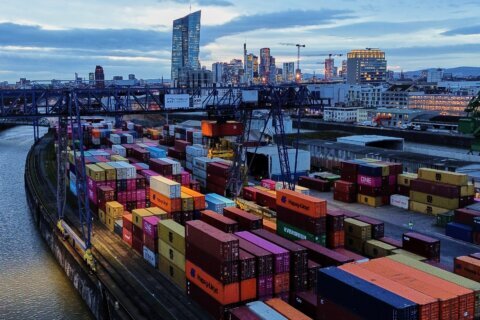Commuters in the D.C. region face some of the lengthiest and costliest daily commutes in the nation. When the pandemic sent workers home, the lack of commute emerged as one of the, if not the, biggest unexpected benefits.
Between gas and maintenance, toll fees and parking, and when you factor in lost productivity time based on average wages, the average D.C. commuter loses $12,000 a year just getting to and from work.
A Forbes study ranks D.C. as one of the five hardest commuter cities in the United States, with an average one-way commute time of more than 37 minutes, 10 minutes longer than the national average.
Now that workers have returned to pre-pandemic commuting routines, that’s money and time no longer saved.
For companies unwilling to bend on RTO policies, the commuting burden could still be eased.
“Commute to the office is a major pain point today, especially after a few years of working remotely. When possible, offer commuter benefits and perks that help alleviate the frustration, including flexibility,” said Trey Barnette, regional vice president at D.C.-based staffing firm Robert Half.
“Flexibility” does not have to mean giving employees hybrid options with some time on-site and some times remote. Flexibility can also mean avoiding those rush hours and not juggling child care duties.
“It’s not necessarily where you work. It is the windows of work, and the time that you work. Everyone has a family for the most part, and you have to find better times to do it. Some people are doing their jobs early in the morning. Some are shifting to late at night,” Barnette said.
While some companies offer employees some commuting reimbursement benefits, no company can reimburse for the physical and emotional drain of commuting.
In a recent Robert Half survey, 33% of workers who’ve returned to the office said their commute was a contributing factor to burnout.
Get breaking news and daily headlines delivered to your email inbox by signing up here.
© 2024 WTOP. All Rights Reserved. This website is not intended for users located within the European Economic Area.








